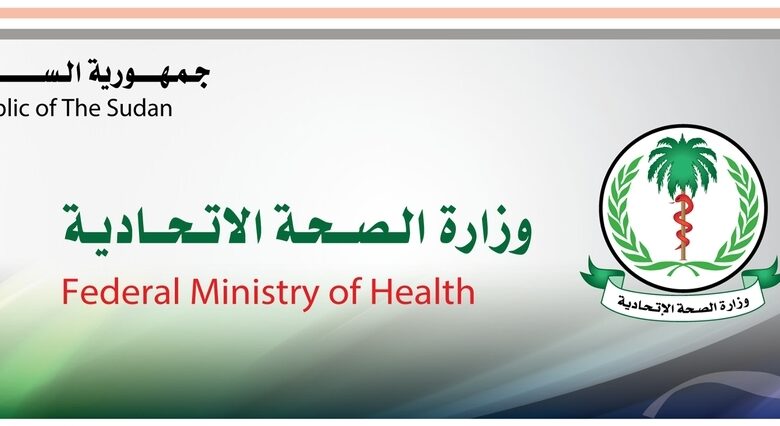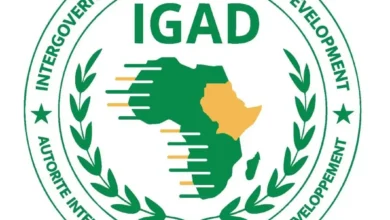The Ministry of Health reports low cholera rates in the Sudan

Federal Minister of Health Dr. Haitham Mohamed Ibrahim announced the low cholera rates in the Sudan following the Ministry’s vaccinations in cooperation with local and international partners.
The Federal Minister of Health met with the Deputy Chairman of the Transitional Sovereignty Council, Commander of the Sudan People’s Liberation Movement (SPLM), north of Mr. Malik Aqar, in the interim administrative capital of Port Sudan. The meeting addressed interventions in the states affected by the cholera epidemic.
The cholera vaccination campaign lasted for six days from 7 to 12 this month and carried out the states of Kassala and the Red Sea in addition to the White Nile.
The Federal Minister of Health affirmed in a press statement following his meeting with the Vice President of the Sovereign Council that the delivery of health services to all states and territories of the Sudan is a top priority committed to stabilizing the supply of medicines especially for chronic disease.
With regard to the medical supply situation, the Minister stressed the need to achieve pharmaceutical security in the country, especially in view of the complexities and local difficulties of losing the supply of medicines in Khartoum and Al Jazeera, noting that the Ministry of Health, with the support of the Ministry of Finance, has managed to close the basic pharmaceutical gap, especially life-saving solutions and kidney washing. $30 million was raised to the Ministry of Finance to facilitate the financing of pharmaceutical orders in the coming period.
Acting WHO representative in the Sudan, Mr. Peter Graff, stated that the situation in the Sudan was a perfect storm and said that “the health system is not working well and the immunization programme for children is collapsing and infectious diseases are spreading”.
Since the outbreak of the war between the army and rapid support on 15 April last year, many epidemics have spread in the Sudan, with more than 10 thousand reported cases of cholera, 5,000 cases of measles, nearly 8,000 cases of dengue and more than 1.2 million clinical cases of malaria.





